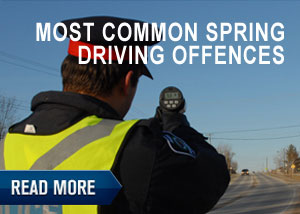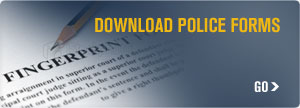INTERNET SAFETY TIPS FOR PARENTS
Create a list of Internet house rules with your teens.
You should include the kinds/types of sites that are off limit.
Keep Internet-connected computers in an open area and out of your teens' bedrooms.
Talk to them about their online friends and activities just as you would about their other activities.
Know which chat rooms or message boards your teens visit, and whom they talk to.
Encourage them to use monitored chat rooms.
Talk to your teens about their Instant Messaging list and make sure they're not talking to strangers.
Insist that they tell you first if they want to meet an "online friend." It is potentially dangerous for this meeting to take place unsupervised.
Teach your teens never to give out personal information without your permission when using e-mail, chat rooms or instant messaging, filling out registration forms and personal profiles, and entering online contests.
Encourage your teens to come to you if they find messages that make them feel uncomfortable or threatened. (Stay calm. If you "freak out" they won't turn to you for help when they need it.)
Talk to your teenagers about online pornography and direct them to good sites about health and sexuality.
Insist they stay in public chat room areas.
Help protect them from spam. Tell your teens not to give out their e-mail address online, and to use e-mail filters.
Be aware of the Web sites that your teens frequent, and make sure the sites don't contain personal photos and information or offensive content.
Teach your kids responsible online behaviour. File-sharing and taking text, images or artwork may infringe on copywright laws.
Talk to them about ethical behaviour. They should not be using the internet to spread gossip, bully or threaten others.
Make sure your teens check with you before making financial transactions online.
Discuss gambling online and its potential risks and remind your teens that it is illegal for them to gamble online.
Ensure your computer is properly protected by using/installing up-to-date security patches, current anti-virus software and a firewall to protect it from intrusions (hackers).
Always delete unknown email attachments without opening them. They can contain destructive viruses.
Always virus scan all files that are downloaded to your computer for viruses, even those from known persons.
Signs your child might be at risk online
Your child spends large amounts of time online, especially at night.
Your child accesses pornography on the computer.
Your child receives phone calls from unknown individuals.
Your child is making long distance calls to numbers you do not recognize.
Your child receives mail/gifts/packages from someone you don't know.
Your child turns computer monitor off or quickly changes the screen when you enter the room.
Your child becomes withdrawn from the family.
Your child is using an on-line account belonging to someone else.
For more information contact the Rama Police Service at (705) 325-7773




